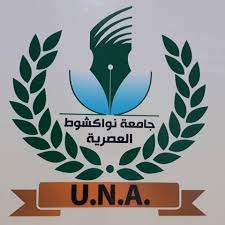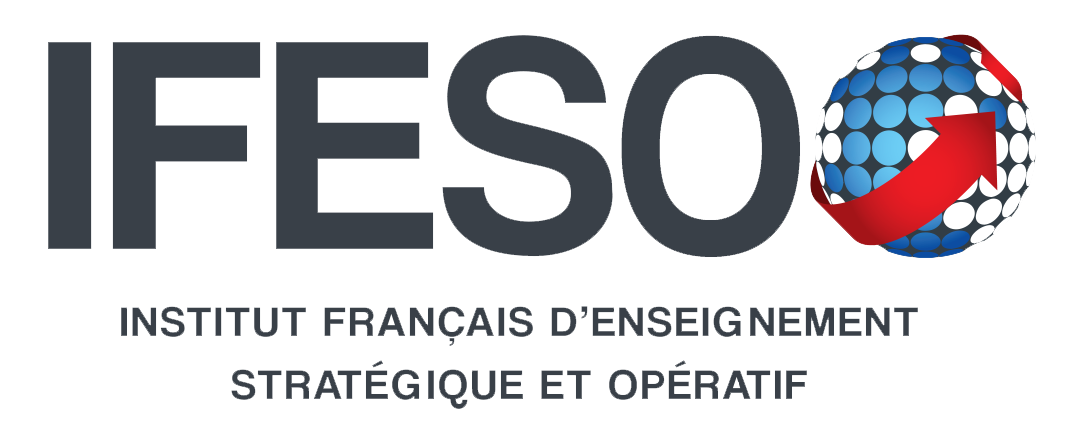General Training Objectives
The objectives of the CDG5S training are multiple, demanding but convergent:
- develop the joint and combined spirit and competence of trainee officers, sharing and deepening their professionalism and experience;
- train military leaders capable of exercising high-level responsibilities with a forward-looking vision of the world and security challenges in the Sahel;
- train credible interlocutors, capable of being a force of proposal to the political authorities and the military high command.
The school's pedagogical concept is thus based on five key concepts that are at the heart of high-level training: requirement, realism, expertise, openness, control.
Requirement for training of high-level defence and security cadres.
- This concept imposes the permanent search for excellence of trainers made possible by initial adaptation training during assignment, then continuous training to update knowledge and improve pedagogical know-how.
- The CDG5S also seeks the investment of defense officers and executives in their qualification curriculum. They must thus become active actors in their training. They are then considered not as simple trainees but rather as chefs in preparation period. Nevertheless, the diversity of specialties and training followed by officers from the G5 Sahel countries requires a period of acquisition of a common reference system.
- Finally, the quality of the training environment is essential to meet the requirements of instruction. The choice of the cadres assigned by the different countries and the quality of the support are essential to the success of the school's pedagogical objectives. A multinational melting pot by birth, the G5 Sahel Defence College is voluntarily part of a very broad partnership framework that enriches its expertise and contributes to its success.
Realism:
- It is a question of acquiring the theoretical mastery of skills through a realistic approach in a constrained budgetary environment. Thus, thanks to the detailed knowledge of the Sahelo-Saharan environment (geography, history, sociology, geopolitics) CDG5S trainees master the fundamentals more quickly and have a solid knowledge base to be immediately prepared to occupy high-level positions in national or multinational staffs. For this, the preferred pedagogical method is the simulation of trainees
- The situation closest to the reality experienced on the ground requires an effort to be made on practice. As such, mutual knowledge and the organization of exercises by trainees are a guarantee of quality in the learning of know-how and interpersonal skills.
- This desire to get closer to the conditions of engagement also makes it possible to develop an essential quality of the high-level framework: situational intelligence.
Expertise
- The teaching of knowledge and the acquisition of expertise are based, at CDG5S, on well-differentiated pedagogical methods: traditional (lectures, conferences, projects), using recent techniques (development of computer-assisted teaching) or innovative concepts (partnerships with, the Sahelian Security College and other international organizations or non-state actors). It is the harmonious distribution between these pedagogical processes, led by group teachers and department heads and coordinated by the Director of Education, that makes it possible to obtain the best results in terms of learning.
- The future leader must know and deepen the planning method necessary to design and command operations at the tactical, operational or strategic level. He must be an expert in the Sahel-Saharan field to understand the conditions and context of engagement in very diverse operations, whether national or multinational. This expertise is also necessary to be able to advise the military and civilian authorities.
Opening:
The first multinational war school in the world, the CDG5S claims its openness to the world and its issues. Integrated into its geographical and academic environment, the CDG5S is a place of meeting, knowledge and exchanges between all the actors of the defense and security of the G5 Sahel countries. Complementary to the other structures of the G5 Sahel, it regularly exchanges with them in a spirit of cooperation, information sharing and general improvement of defence capabilities. These regular exchanges with the outside world allow a sharing of know-how and an opening to other training centers.
In joint and interministerial terms, the CDG5S acts and exchanges on regulations and technical, tactical and strategic developments. These improvements are made on the basis of reflection seminars, trainees' work, summaries and feedback developed within the Defence College. The teachings are inserted into the pedagogical contents by a specialized unit of the CDG5S. The aim is to disseminate and use the best practices of the Sahelian armies and other partners, whether in the tactical or operational field and in crisis management.
- Internationally, the Defence College will be able to forge privileged partnerships with major international organizations and allied countries in order to boost its teaching and strengthen the training of its trainees.
Control.
- An indispensable and necessary tool for training, the evaluation of future patentees is carried out through regular checks. Both practical and theoretical (with a major effort on practical controls based on numerous scenarios), they make it possible to guarantee immediate employability in high-level staffs or ministries.
- Monitoring also makes it possible to measure pedagogical performance through the participation of trainees in the evaluation of their training. The participation of future military leaders in this exercise thus reinforces the notion of requirement by making them jointly responsible for the training provided within the CDG5S.

.jpg)
.jpg)
.png)



.png)


(1).jpg)


.jpg)








